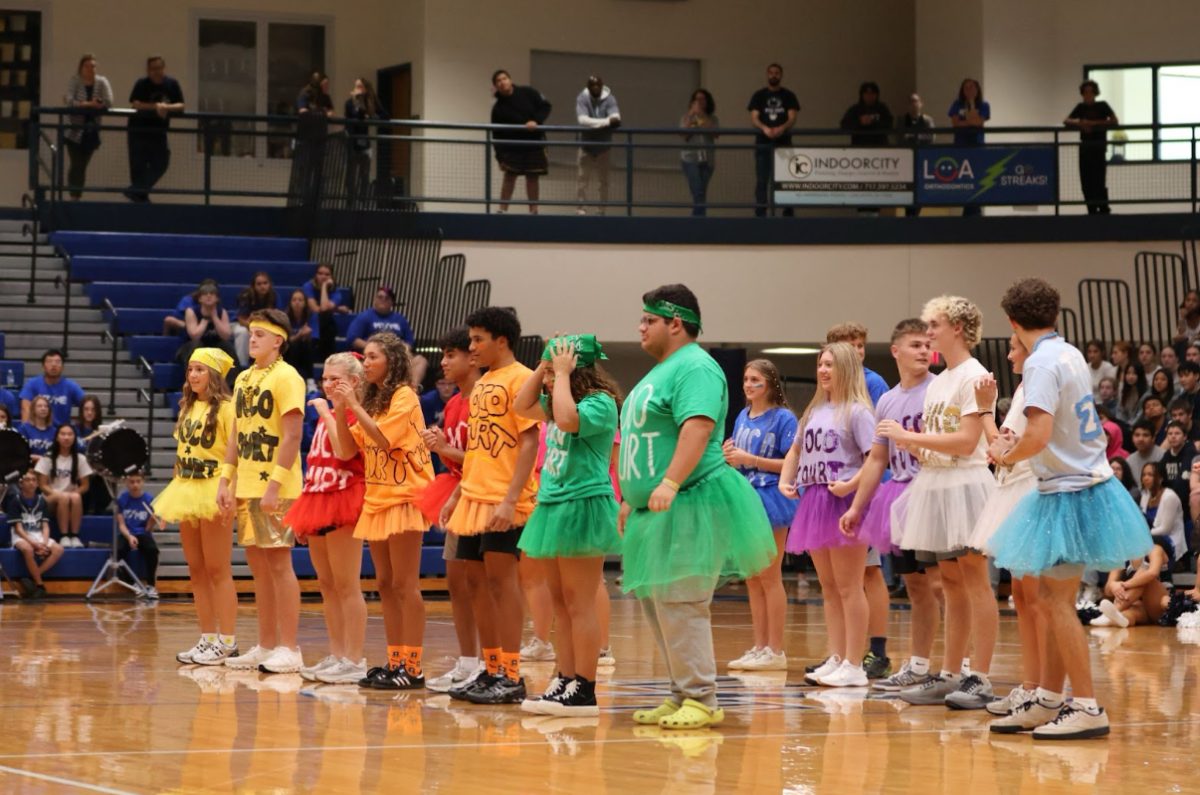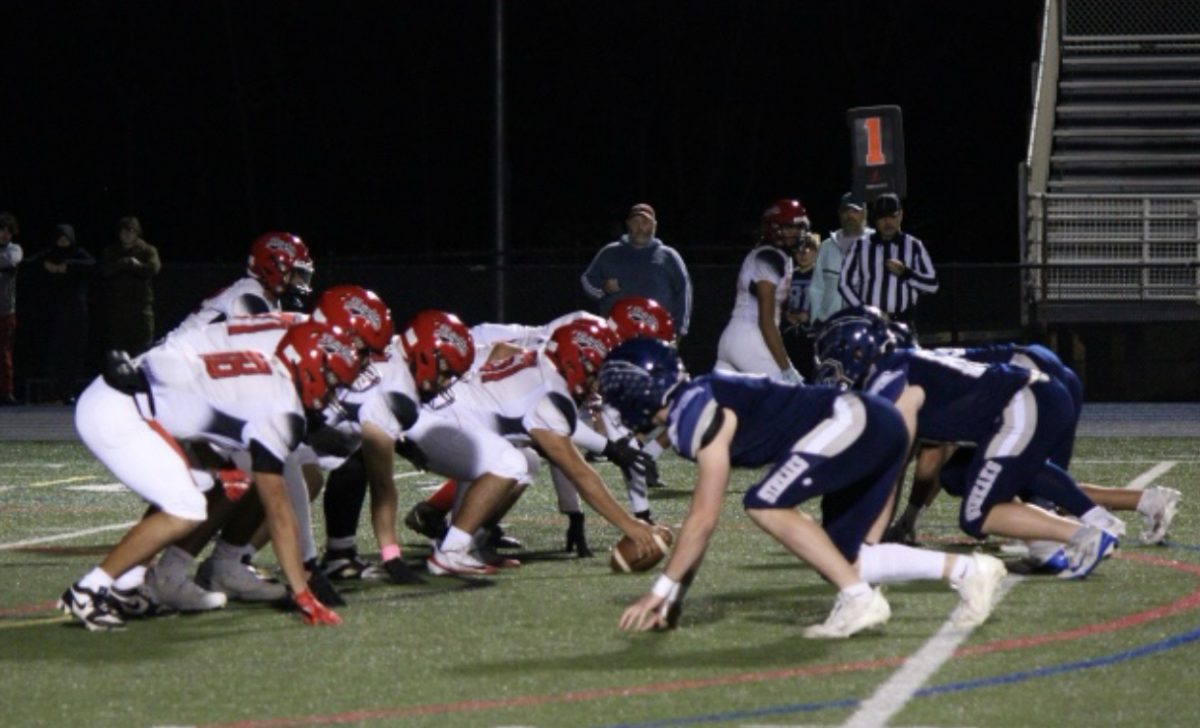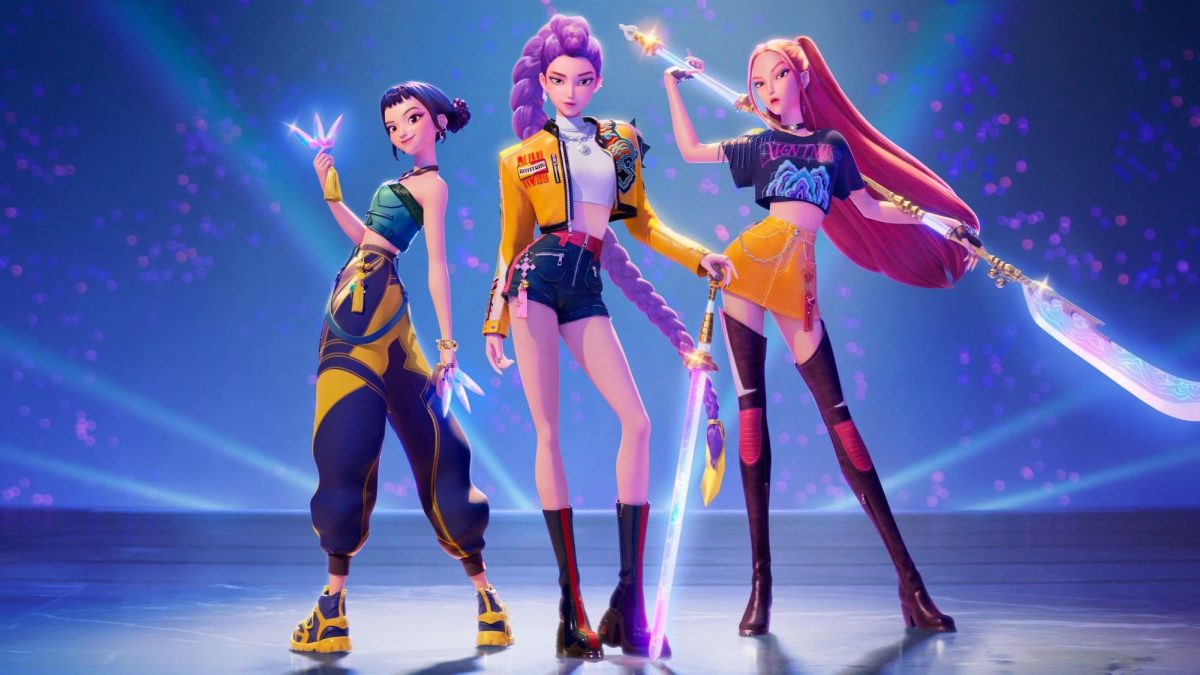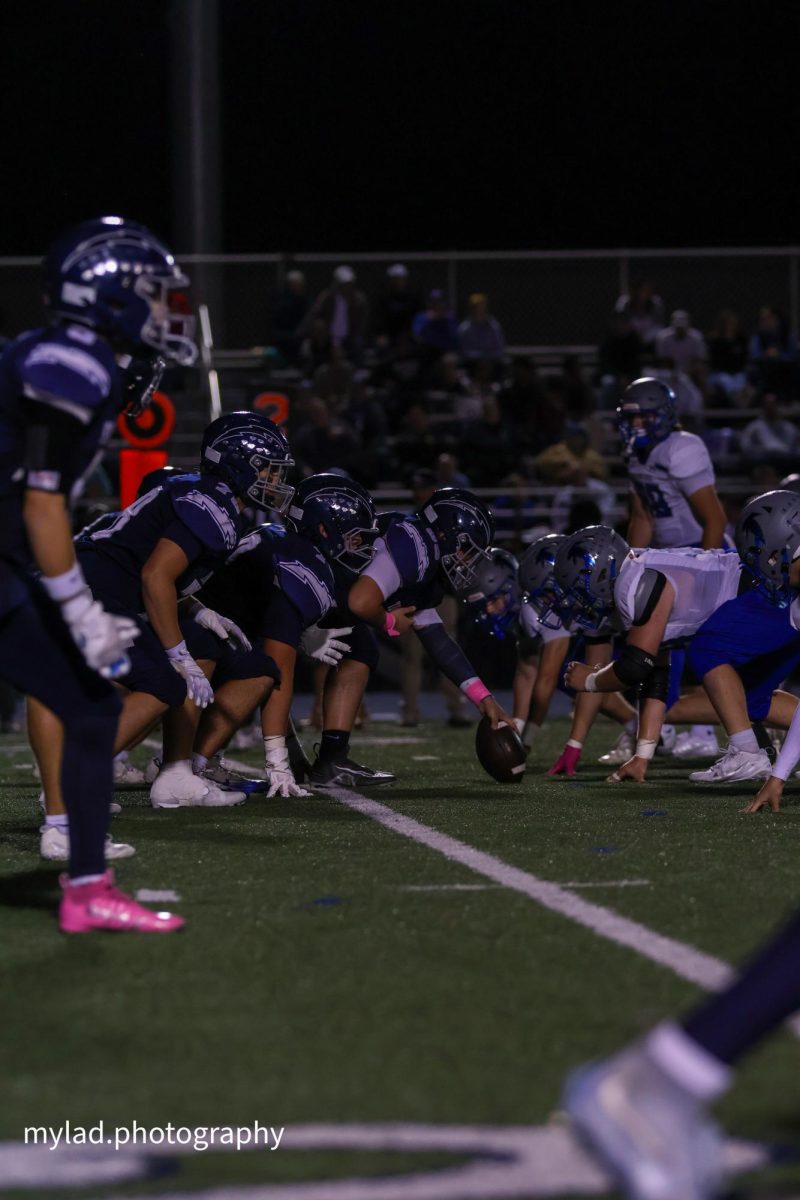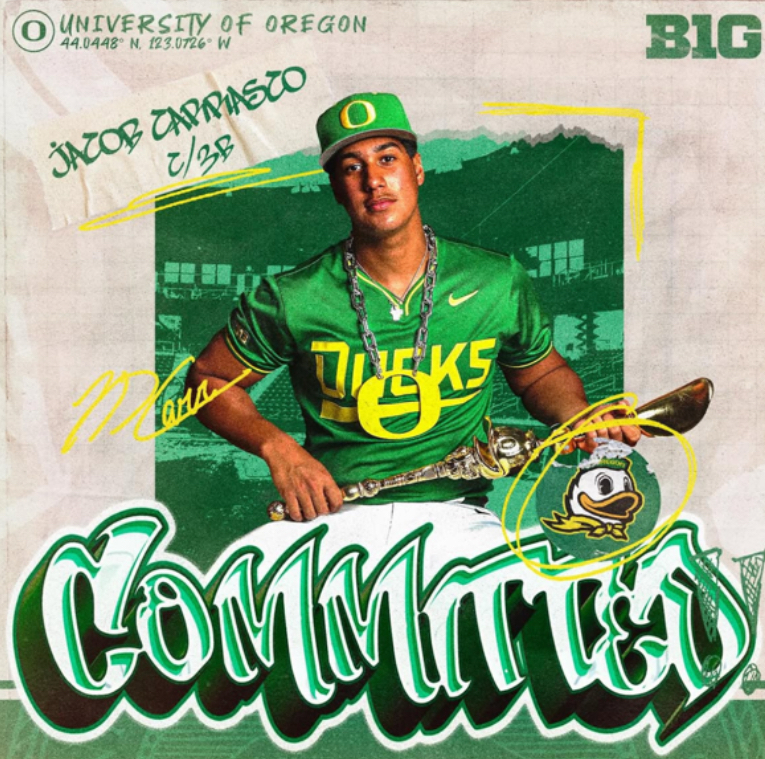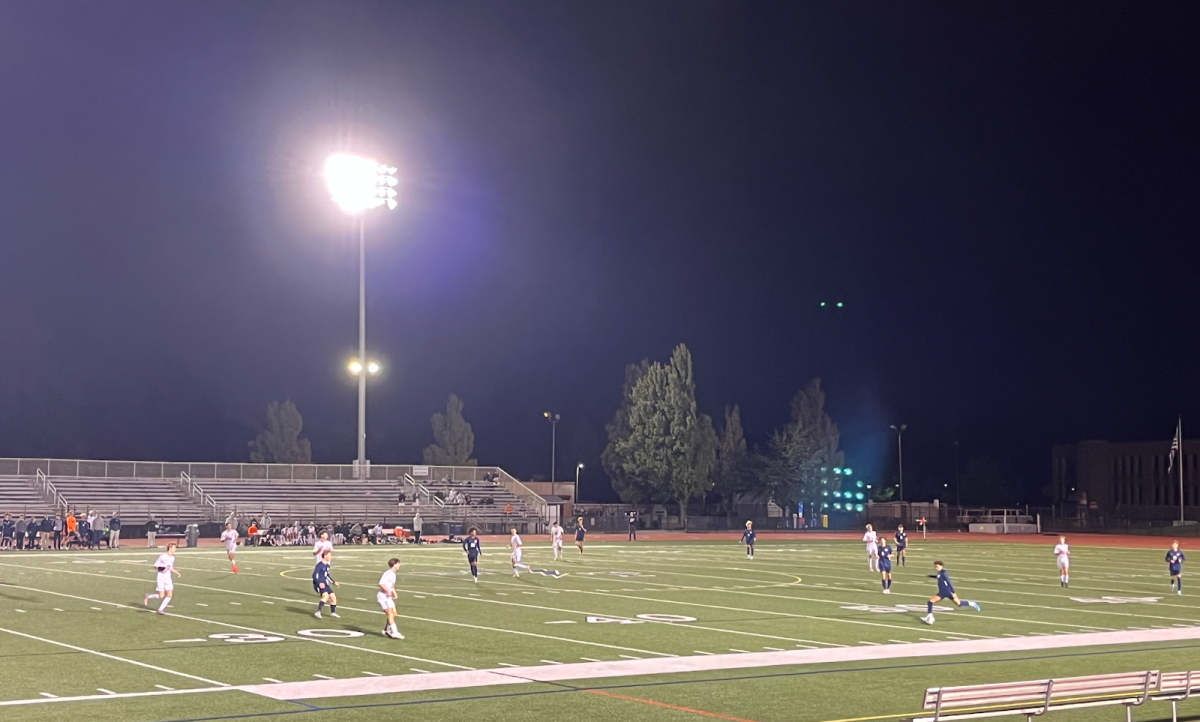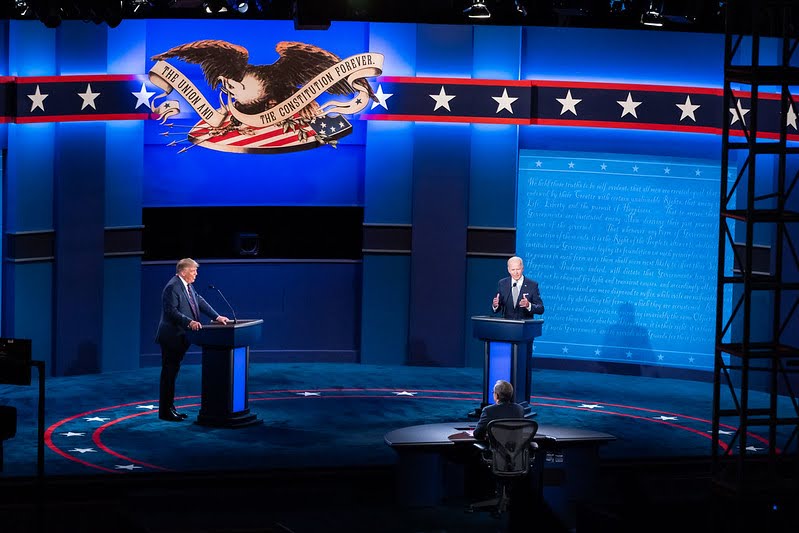The Hollywood-concentrated actors’ strike started on Jul. 14 and ended Nov. 9. It was supported by the anger behind an increase of streaming networks, the use of AI re-creation and an unsupportive salary. But, the strike ultimately stemmed from not having enough writers.
Although the average pay has risen for writers, presently more than half of the writers are being paid $178.00 a day (minimum wage) no matter what their skill set is. They were hired for smaller jobs, which led to preoccupied and angry writers. They were either busy with alternate work or starting to take a stand, stopping writing altogether and leaving actors out of jobs.
Although streaming sites were a cause of the strike, some, like Netflix, ended up having a greater disadvantage against other streaming competitors. The streaming platform had been having many problems because of the new direction screenplay has been taking throughout the past few years.
According to AP News, “Netflix co-CEO Ted Sarandos, one of the executives in on the bargaining sessions, told investors on an earnings call…‘This really broke our momentum, unfortunately.’”
One of Netflix’s biggest successes have been their comedy shows. However, these were one of the many reasons why the Writers Guild of America (WGA) were in the position they were in. Many of the comedy platforms rejected Minimum Basic Agreement (MBA) because of the amount of pay offered ($178). Presently it’s been noticed by many channel companies and screen directors that shows/movies on TV are not as popular as they once were, causing chaos in the industry. Many of the actors and writers proposed a higher minimum wage by 4%-11% and better MBA agreements to proceed with their work.
On Sept. 24, an agreement was made to ensure writers’ protection against the streaming business and threat of AI re-creation. This allowed writers to become more comfortable to begin work once again and allowed actors to finally be given lines to read, allowing them both to get back into the studio.








